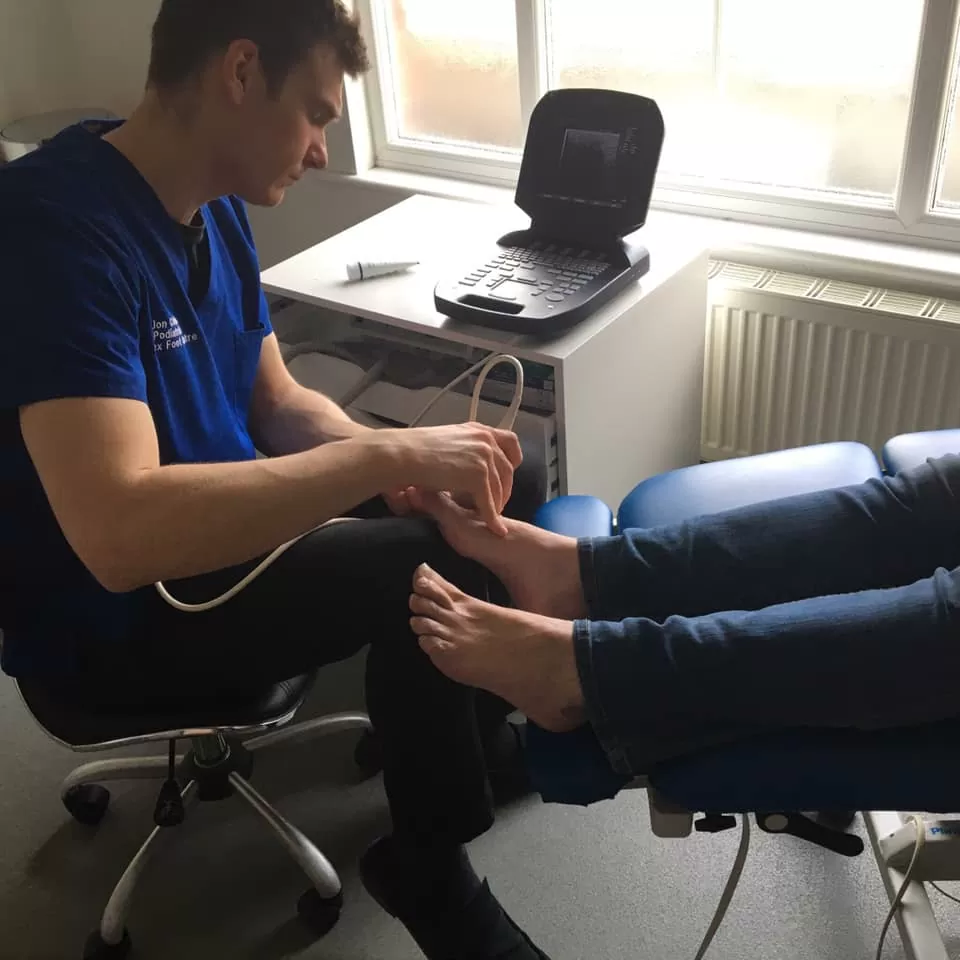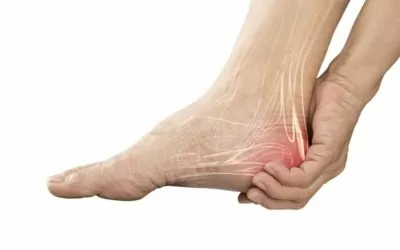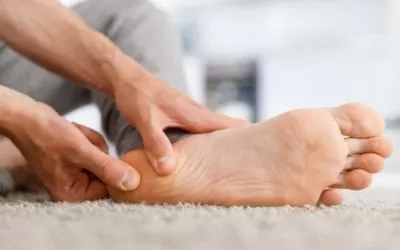Diagnosing Foot/Ankle Arthritis
Arthritis refers to the inflammation of one or more of your joints. It is particularly common in the small joints of the foot and ankle. In most cases, foot or ankle arthritis is caused by wear and tear, in a condition known as osteoarthritis. In addition to this, there are, in fact, hundreds of other types of foot/ankle arthritis also. So, without using an effective diagnostic method, it can be difficult to determine the exact condition present. It would, therefore, be extremely challenging to formulate an appropriate treatment strategy, without a concrete and up-to-date diagnosis.
Book Your Initial Consultation with Ultrasound Appointment for £50.00
What causes Foot/Ankle Arthritis?
Age is the predominant risk factor involved with the development of foot/ankle arthritis. Since ‘arthritis’ simply translates as, ‘joint inflammation’, the condition can also be brought on by any injury or activity that could cause inflammation or swelling in and around the body’s joints and surrounding soft tissue.
Other risk factors typically include obesity and families who have a pre-existing history of arthritis.
How does arthritis develop in the foot/ankle?
In each foot, there are 28 bones and more than 30 joints. Since arthritis is a condition derived from joint inflammation, each person’s feet and ankles can develop the disease in several ways.
That said, certain joints are much more susceptible to arthritis development than others. These include:
- The joint where the shinbone meets the ankle.
- The joint where the big toe meets the foot bone.
- The three joints where the outer mid-foot bone, inner mid-foot bone and heel bone meet.
What are the common symptoms of Foot/Ankle Arthritis?
The symptoms of foot/ankle arthritis can vary substantially depending on the affected joint. In most cases, a particular arthritic joint will become painful and inflamed, having worsened slowly over a period of time.
Other symptoms typically include:
- Tenderness or pain.
- Reduced ability to move, walk or bear weight on the foot/ankle.
- Pain caused by vigorous activity.
- Joint swelling.
- Joint stiffness.
- Increased pain in the morning, or after a period of sitting down.
How is Foot/Ankle Arthritis diagnosed?
Due to the number of conditions known to affect feet and ankles, diagnosing the exact issue at hand can be difficult without a particular procedure. In most cases, the initial diagnosis will involve taking a detailed look at your medical history. After this, there will typically be a physical exam completed by a foot specialist (podiatrist), who will then use an X-ray, ultrasound or MRI to diagnose the issue.
Foot ultrasounds are one of the most accurate methods for identifying foot/ankle arthritis. This painless procedure produces accurate images of your foot’s interior muscles and tendons, enabling podiatrists to visualise the extent of the issue at hand.

What is the process for a Foot/Ankle Arthritis ultrasound?
Using ultrasound to aid diagnosis of foot/ankle arthritis may sound scary but it really isn’t anything to worry about. The procedure only takes approximately 20 minutes to do and is entirely pain-free.
Our podiatrists use this technique to produce accurate images of the muscles, ligaments, joints and tendons within your lower limbs. Doing so makes it a lot easier to visualise any issues present.
The typical process for a foot/ankle ultrasound runs as follows:
- Your podiatrist will apply a small quantity of jelly-like gel to your foot/ankle.
- They will then move a handheld device across the affected area, using sound waves to capture internal images of your foot. These images will then be broadcast on an ultrasound monitor enabling you and your podiatrist to see them in real-time.
- Using these images, your podiatrist can quickly identify the extent and potential cause of the issue. Once this is known, they will determine the best course of treatment for your specific needs.
- Your podiatrist will then talk you through what they found before recommending a bespoke treatment plan.
- Once you’re happy with your podiatrist’s verdict, you will then start on their recommended treatment plan.
How do you treat Foot/Ankle Arthritis?
Treating foot/ankle arthritis often depends on the severity of the issue at hand. In severe cases, surgery may be required but – in milder versions of the condition – a number of non-surgical methods can be used. These typically include:
- Injections. Steroid medications can be injected directly into the joints responsible.
- NSAID Drugs. Anti-inflammatory drugs can be used to help reduce swelling in the joints.
- Canes & Braces. These can help support the joints.
- Orthotics. These specially-designed shoe inserts support the foot and can be produced in-house.
- Physical Therapy. This helps to make it easier to perform day-to-day tasks.
- Weight Control. Since obesity is a risk factor, controlling your weight can make a big difference.
As mentioned already, severe cases of foot/ankle arthritis may require surgery. This typically involves two key options:
- Arthrodesis. This surgery uses rods, pins, screws, or plates to fuse bones together.
- Joint Replacement Surgery. This surgery is rarely required and involves replacing the ankle joint with an artificial implant.
If your foot or ankle feels swollen, looks red and is warm to the touch, contact us today to book a foot/ankle arthritis ultrasound. Our team here at Sussex Foot Centre are experts in the diagnosis of a wide range of lower limb-related issues and are always on hand to help.
Achilles Tendon Pain
The Achilles Tendon which Is also named the Calcaneal Tendon is avery durable, strong band of tissue. It connects the calf muscles tothe heel bone, and it is the strongest tendon in the human body, capable of holding up to 3 times its body...
Plantar Fasciitis: What is it?
Plantar Fasciitis is a common condition treated at The Sussex Foot Centre. ThePlantar Fascia is a large band of tissue which is situated along the bottom ofthe foot. Medical research states that Plantar Fasciitis affects up to 10% of thepopulation. It is therefore...
Calling All Runners
Calling all runners, we want to hear from you! If you are experiencing any aches and pains during or after your run, we would love to talk to you and discuss exactly how we can help. For a limited period of time, we will be...
BOOK AN APPOINTMENT
Follow the form below to get through directly to one of our Podiatrists at the practice or to request an appointment.
Or call — 01444 453874
"*" indicates required fields



